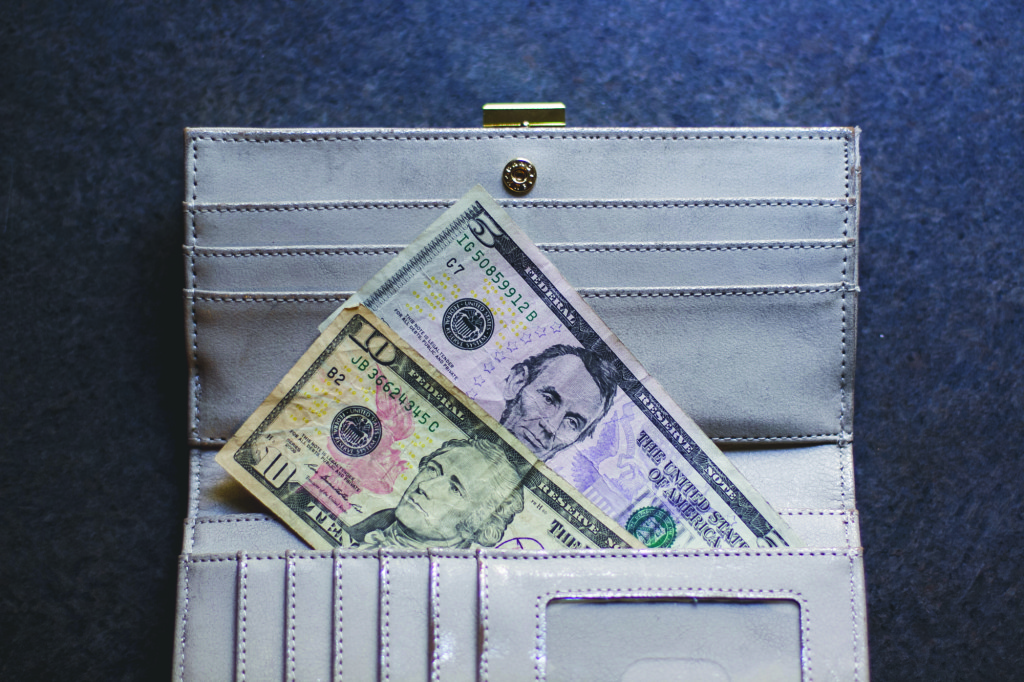Last Wednesday, Seattle increased the minimum wage from the state-mandated $9.54 per hour to $11 per hour. The wage increase is the first of several along the path toward a $15 minimum, the highest in the country.
The pay raise is the first in a series of wage increases that will continue until 2017 for most businesses, and until 2022 for others that must account for health care costs, union wages and tips.
Some business owners have said that consumers will make up for the wage increase in the form of high restaurant and retail costs. Others have said that they expect the pay increase to give consumers more buying power, and will in turn cultivate more business to compensate for the increase in operating costs. But how much will the wage hike actually impact employers and employees in the long run?
According to a report published by the University of Washington that was prepared for the Seattle Income Inequality Advisory Committee, wage increases of roughly 10 percent can result in a “1 to 2-percent increase in a restaurant’s operating costs.” This increase in operating costs could then translate to a “one-time” price increase of about 0.7 percent. Thus the 58 percent increase from $9.47 an hour to $15 an hour should bring an average 4 percent total price increase to the consumer.
At Seattle University, Bon Appetit catering service is working to phase in the pay hike, and has budgeted for the increase in operating cost by implementing a 3 percent price increase this year. All non-union employees working for Bon Appetit at Seattle U will be on board with the pay increase, though most of the cost will fall upon consumers.
“We did have to raise prices at the beginning of the year,” said Jay Payne, the general manager of Bon Appetit at Seattle U. “We’ve been struggling with food costs over the last three years, and labor costs have changed dramatically…We do know that there has been a lot of pushback on pricing, and some people have really negative feelings about value here. But it takes a tremendous amount of people and time to make all that food, and all those people need to be paid.”
The minimum wage debate has played out on the national stage. President Obama tried and failed to raise the federal minimum wage from the present $7.25 to $10.10 this year. Since his attempt, Seattle and other cities have moved ahead with wage increases despite the initial federal failure.
Proponents of the wage increase argue that it will improve the quality of life for the city’s low-income earners, and that this improvement will lead to less dependency on government programs. According to the Congressional Budget Office, the federal government spent $316 billion on programs designed to help the poor in 2012. Furthermore, the CBO reported that the federal government gives about $8,800 in annual assistance to the lowest-income households but only $4,000 to households earning $35,500, which is about the level of earnings of a worker making $15 an hour.
Some support that the pay raise will result negatively for employers and employees alike. In an article published by Fox News, reporter Dan Springer suggested that the new wage could raise prices for customers, citing the fact that Ivar’s Salmon House has raised its menu prices by 21 percent and eliminated tips to cope with the wage increase.
Peter Nickerson, a former Seattle University economics professor, spoke to KUOW news and suggested that the pay rise will negatively impact employees at the bottom rung more than anyone else.
“Nationally, there is a lot of thought that this is a real whimsical idea, going to $15,” Nickerson said. “There will be a shift, but the people who have very few skills are going to be pushed out, and I am afraid that we are going to be doing a cleansing of this labor market at the bottom.”
Employees themselves seem generally pleased with the pay raises, whether they received them on April 1 or are expecting their arrival in the near future.
“I feel like the wage increase could serve as positive encouragement for me to keep my job for as long as possible,” said sophomore Sydney Schafer who is currently employed by Seattle U. While she is still waiting on her pay increase, she is anticipating that the change could benefit her in the future. “Because I’m not necessarily living off of the wages I make right now, I think that the increase would help me to save up more for when I graduate, given that I’ll be fully supporting myself.”
Will may be reached at wmcquilkin@su-spectator.com









